In honour of International Day of Women and Girls in Science, we thought we’d highlight ten of the most outstanding women in Science, Technology, Engineering and Mathematics.
Hypatia (355-415 AD)

Hypatia was a mathematician, astronomer, and philosopher who lived in a very turbulent era in Alexandria’s history. She is the earliest female mathematician of whose life and work reasonably detailed knowledge exists. She was, in her time, the world’s leading mathematician and astronomer, the only woman for whom such claim can be made. She was also a popular teacher and lecturer on philosophical topics of a less-specialist nature, attracting many loyal students and large audiences.
Hildegard von Bingen (1098-1179)

German scientist, philosopher, theologian, and composer Hildegard of Bingen devoted half her life to sharing, through her writing, both the insight gained through her visionary experiences and her joy in the Christian faith. Many centuries later, historians still study her texts, and the over 70 chants and hymns she composed continue to be performed and recorded. An influential abbess, Hildegard was considered by historians to be among the most important scientists of her age and perhaps the most significant woman scientist in Medieval Europe. Her written works, which focus on natural history, medicine, and cosmology—a theory about the natural order of the universe—received renewed critical interest in the late twentieth century following a reevaluation of the previously overlooked contributions of female scholarship. In addition to the republication of her many books and letters, a recording of Hildegard’s medieval-styled chants and hymns topped the classical music charts in 1998.
Emily Roebling (1803-1903)
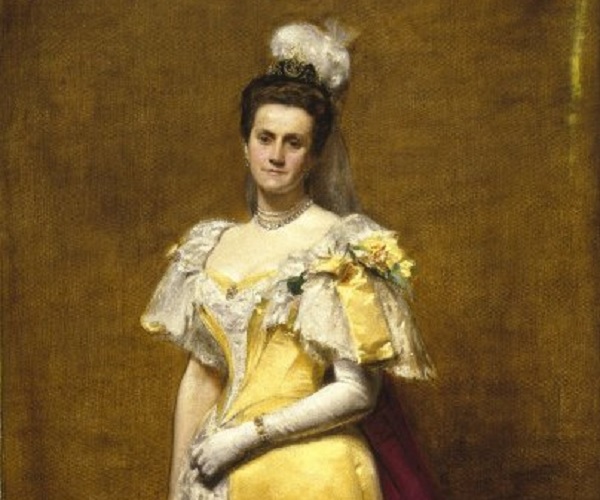
Emily Roebling was American socialite, builder, and businesswoman. She was largely responsible for guiding construction of the Brooklyn Bridge (1869–83) throughout the debilitating illness of its chief engineer, her husband, Washington Augustus Roebling, who had himself taken charge of the project after the death of the bridge’s principal designer, his father, John Augustus Roebling.
Ada Lovelace (1815-1852)
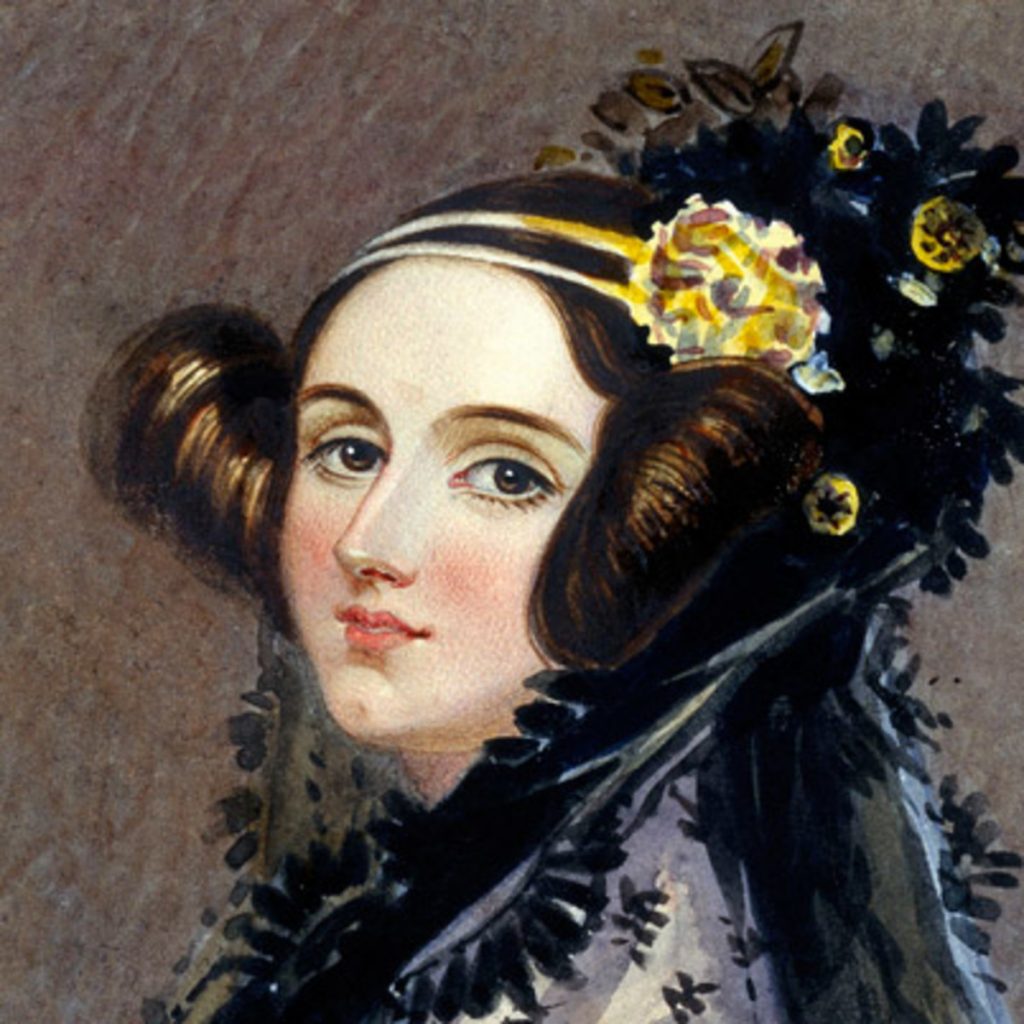
A gifted mathematician, Ada Lovelace is considered to have written instructions for the first computer program in the mid-1800s. The daughter of famed poet Lord Byron, Augusta Ada Byron, Countess of Lovelace—better known as “Ada Lovelace”—was born in London on December 10, 1815. Ada showed her gift for mathematics at an early age. She translated an article on an invention by Charles Babbage, known as the father of computer and added her own comments. Because she introduced many computer concepts, Ada is considered the first computer programmer. Ada died of uterine cancer on November 27, 1852.
Marie Curie (1867-1934)
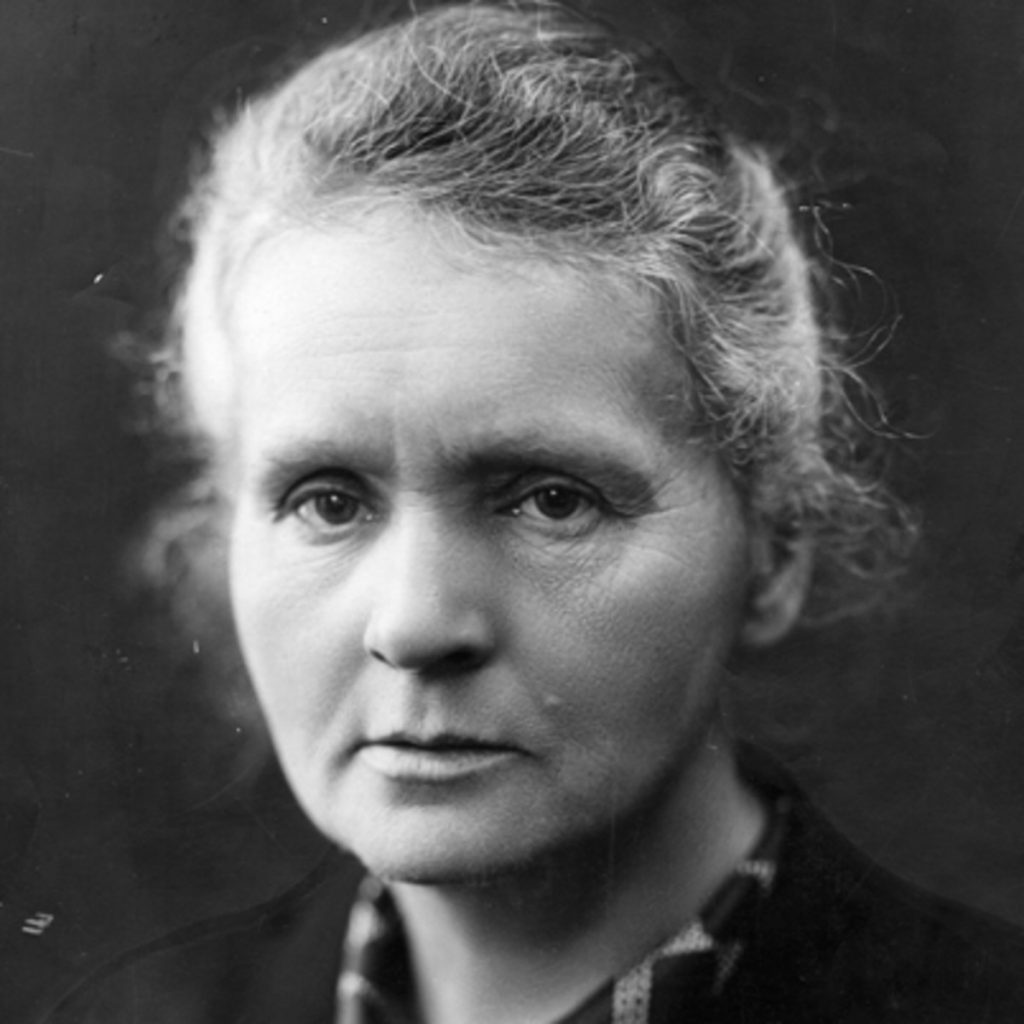
Marie Curie was the first woman to win a Nobel Prize, in Physics, and with her later win, in Chemistry, she became the first person to claim Nobel honors twice. Born Maria Sklodowska on November 7, 1867, Marie Curie became the first woman to win a Nobel Prize and the first person—man or woman—to win the award twice. Curie’s efforts, with her husband Pierre Curie, led to the discovery of polonium and radium and, after Pierre’s death, the further development of X-rays. The famed scientist died on July 4, 1934.
Lise Meitner (1878-1968)
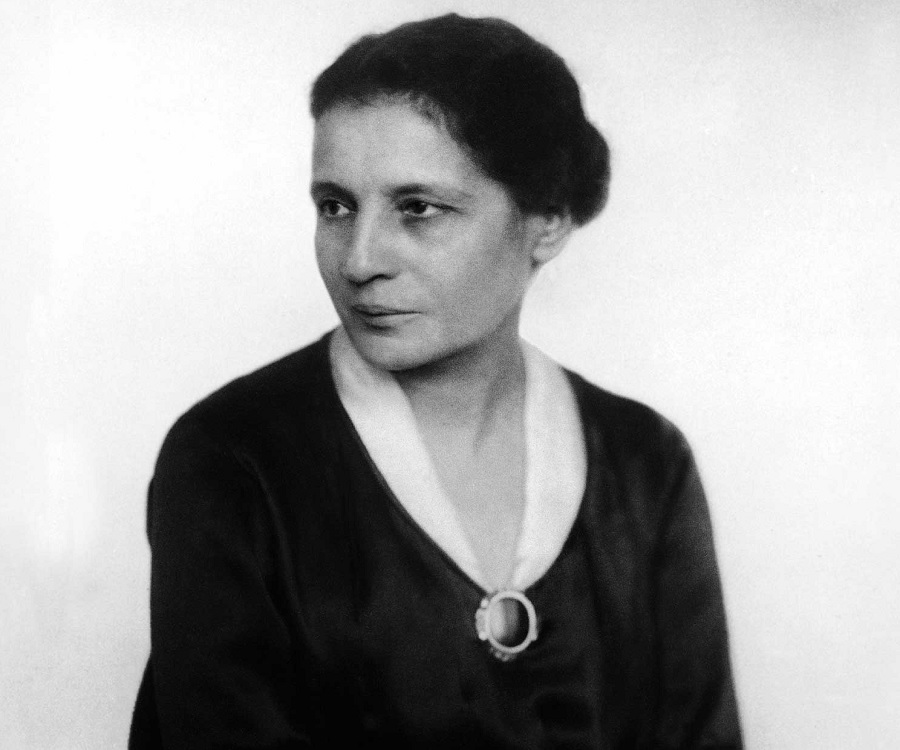
Lise Meitner is a renowned scientist from Austria who was a part of the team led by Otto Hahn that discovered nuclear fission in uranium. Her discovery of the phenomenon where the heavier uranium nucleus disintegrates to form lighter nucleus, heralded a new era in the world of nuclear physics. But sadly enough the Nobel committee ignored her contribution in the discovery and the deserving scientist was prevented from receiving the honour. Meitner always believed in herself and was fiercely independent and never would be seen adhering to the stereotypes. At a time when only a handful of women used to pursue higher education, she earned her PhD from the ‘University of Vienna’, thus becoming the second women to achieve the honour.
Edith Clarke (1883-1959)
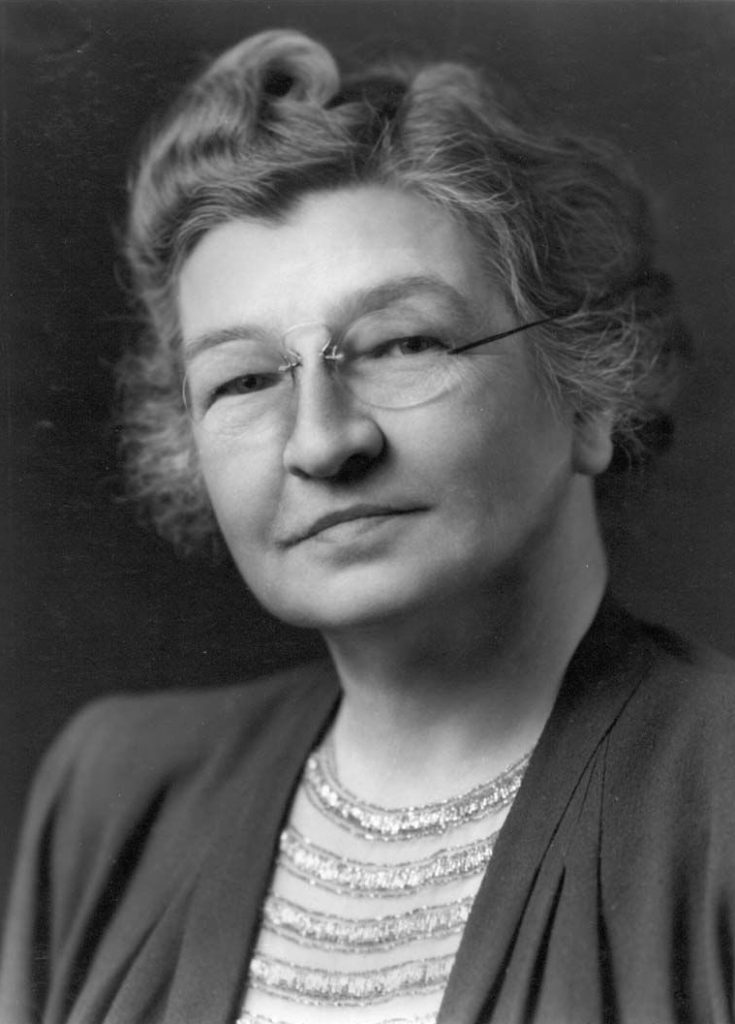
Edith Clarke was the first woman to earn an Electrical Engineering degree from MIT. Clarke helped build the Hoover Dam, contributing her electrical expertise to develop and install the turbines that generate hydropower there to this day.
Barbara McClintock (1902-1992)
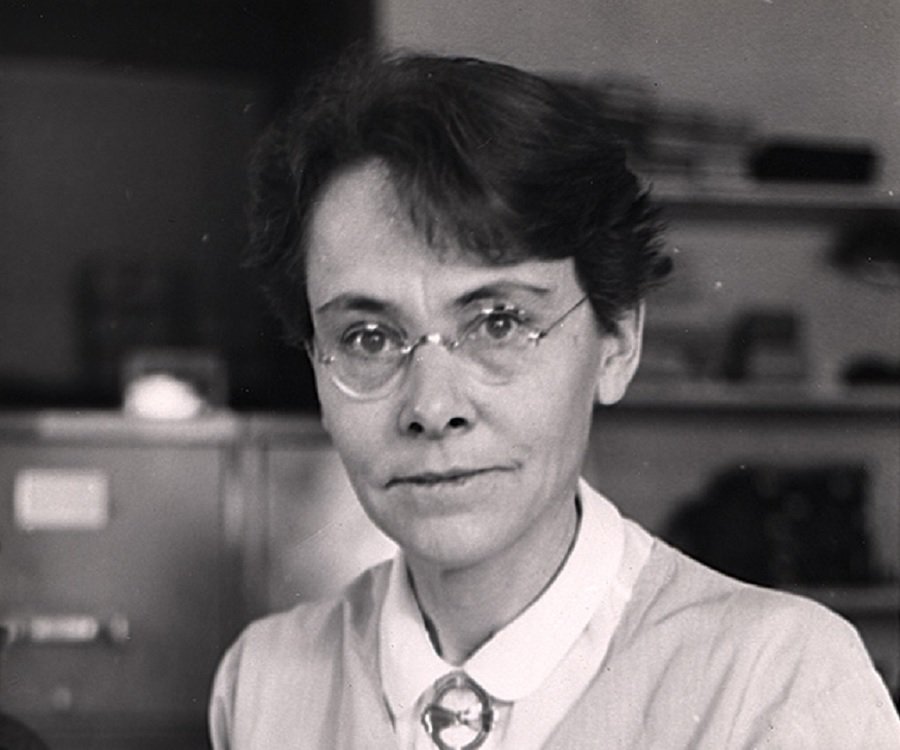
Barbara McClintock was a renowned American scientist who did pioneering work in the field of cytogenetics. Her theories on gene regulation and discovery of “jumping genes” were a major breakthrough for the scientific world. McClintock’s work was revolutionary in that it suggested that an organism’s genome is not a stationary entity, but rather is subject to alteration and rearrangement – a concept that was met with criticism from the scientific community at the time. However, the role of transposons eventually became widely appreciated, and McClintock was awarded the Nobel Prize in 1983 in recognition of this and her many other contributions to the field of genetics.
Hedy Lamarr (1914-2000)
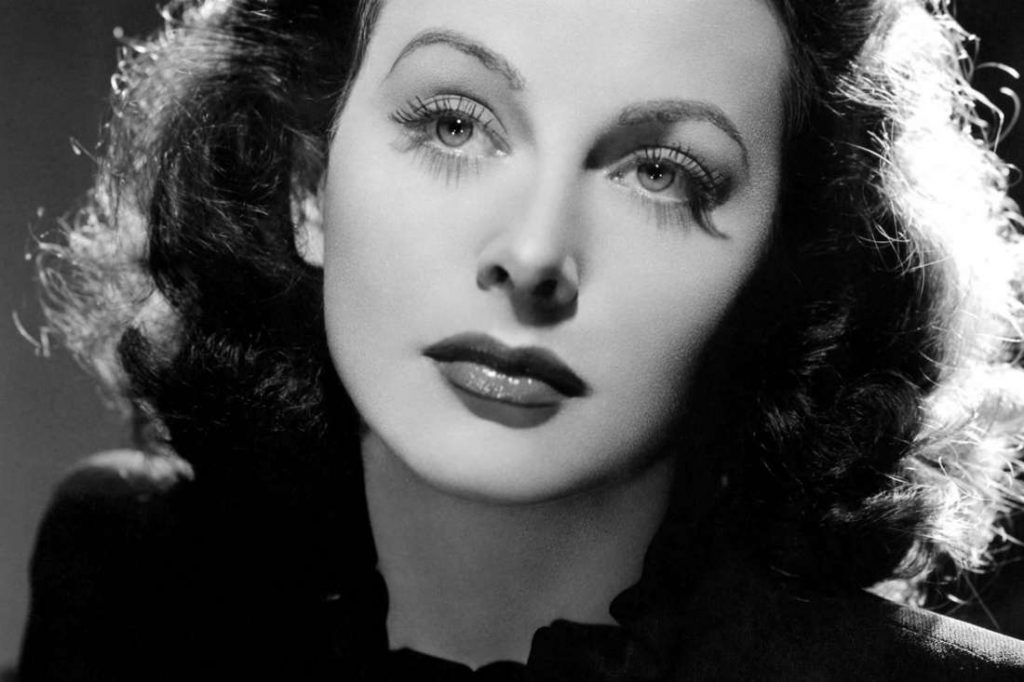
A true innovator, Lamarr is maybe most famous for being a film actress and pin-up girl in the 1930s and 40s. But she was also a pioneer in wireless technologies. Working with George Anthiel, she deveoped a radio guidance system for torpedoes that used spread spectrum and frequency hopping technology. The principles of her technology can now be found in modern GPS, Wi-Fi, and Bluetooth devices. She was given a special award in 1997 for “trail-blazing development of a technology that has become a key component of wireless data systems.”
Rosalind Franklin (1920-158)
Rosalind Franklin was a British scientist best known for her contributions to the discovery of the molecular structure of deoxyribonucleic acid (DNA), a constituent of chromosomes that serves to encode genetic information. Franklin also contributed new insight on the structure of viruses, helping to lay the foundation for the field of structural virology.
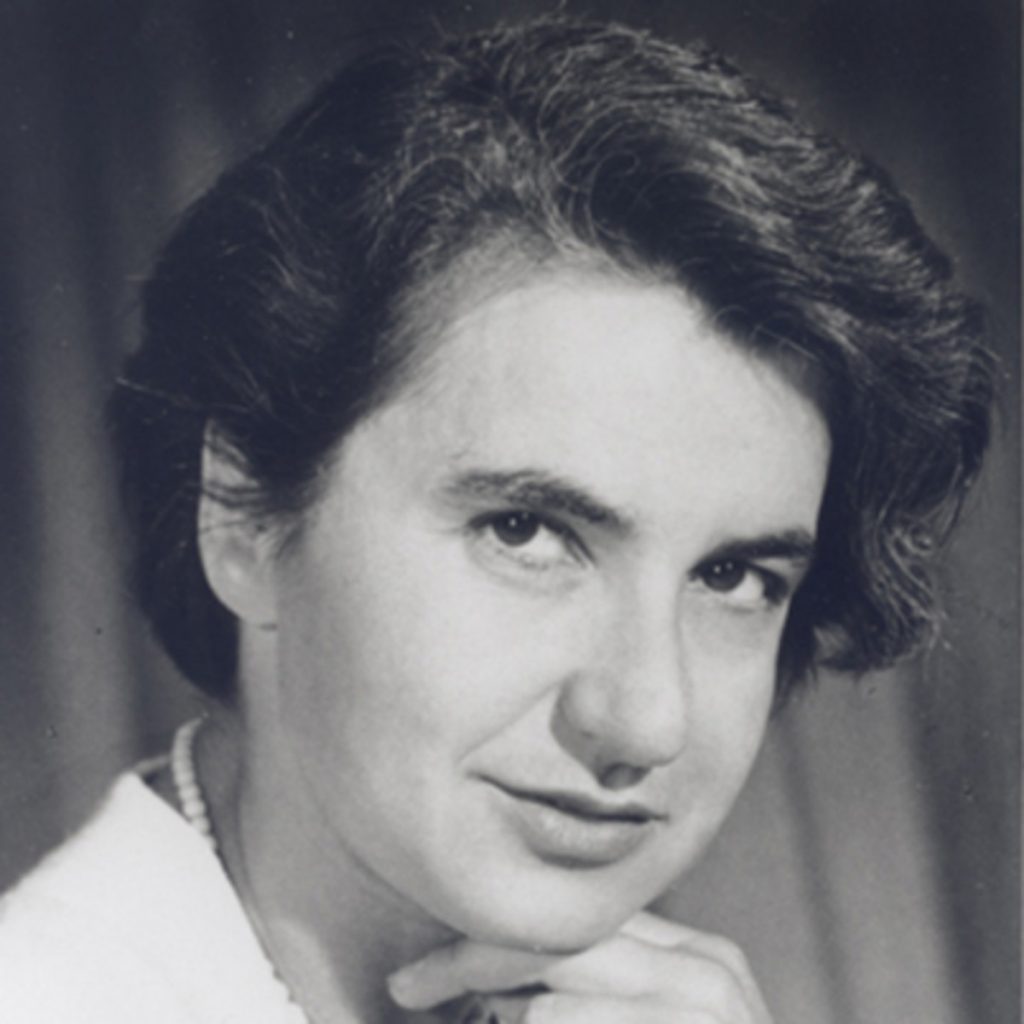
- World’s biggest single structure house 3D printed in one go - July 27, 2020
- Compulsory registration scheme for NSW professional engineers - June 29, 2020
- The Moore Shire Bituminised Road - June 22, 2020
- Bioinspired Structure with 3D Printing - June 15, 2020
- Doughnut Economics: Amsterdam’s Green Recovery Plan - June 1, 2020
- These 5 cities are turning roads into bike lanes because of coronavirus - May 18, 2020
- Four Australian among the world’s top ten universities best placed to solve the world’s biggest challenges - May 11, 2020
- This is how South Korea is balancing getting people back to work and protecting their health - May 4, 2020
- These 5 cities are turning roads into bike lanes because of coronavirus - April 20, 2020
- What is Concrete Temperature Limit? - April 13, 2020
